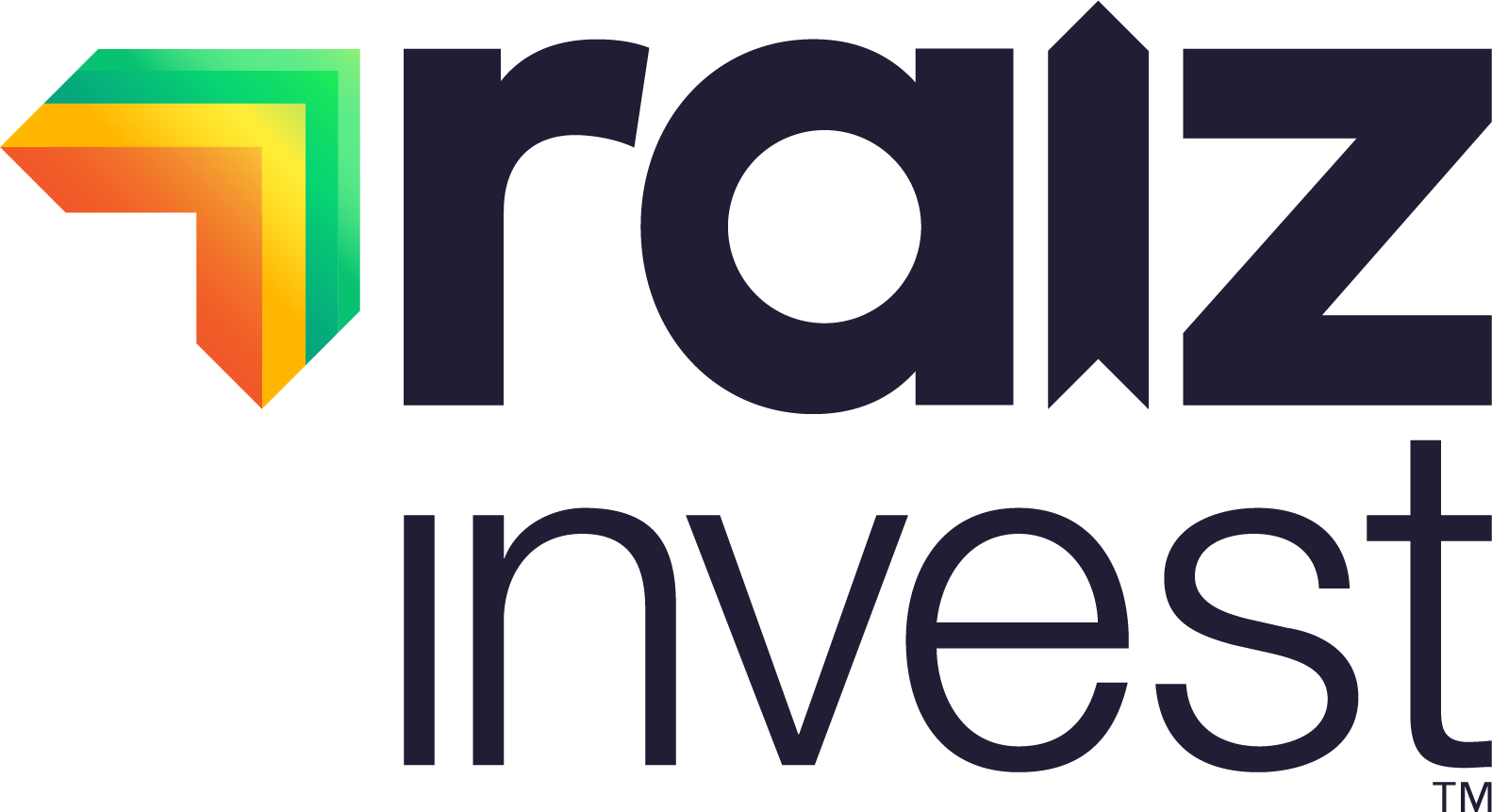
We welcomed the findings of a parliamentary committee that has rejected calls for an outright ban on screen-scraping, acknowledging that it found no evidence of consumer harm due to this practice. Screen-scraping is the name (albeit a poor one) given to the technology that powers our Round-Ups feature, allowing us to see banking transactions and find the virtual spare change with your consent.
The Select Committee on Financial Technology and Regulatory Technology, which handed down its report into the FinTech and RegTech sectors yesterday, said: “it is pertinent that ASIC has found no evidence of consumer harm as a result of these practices (screen-scraping).”
“(We) consider that an outright ban on screen scraping is not prudent at the present time, and that, in many cases, these practices are enabling companies to innovate and provide competition in the financial services sector.”
This recommendation by the committee is an important step forward in allowing genuine competition in the Australian financial services sector.
Although the committee acknowledged that it would take time for the Open Banking regime to provide a level of data quality and ubiquity that is available using digital data capture services, it also rightly pointed out that the correct place to address the issues associated with screen-scaping is within the ePayment’s code.
Why is screen-scraping to be addressed in the ePayment code? Good question. It’s because screen-scraping has the potential to significantly reduce fraud associated with online payments, a type of fraud which has also increased significantly since the onset of the COVID-19 pandemic and restrictions. ASIC is in the process of reviewing the ePayment code to update it for the 21st century.
In our submission to the committee early this year, we strongly argued that the political and regulatory environment continued to favour a “Big Four” bank policy, a reality confirmed by the passing of the Consumer Data Right (CDR) legislation.
The playing field remains significantly skewed in favour of the ‘Big Four’ and the Apples and Googles of this world. This position is only re-enforced by the CDR legislation. A legislation that further empowers the “surveillance capitalism” that comes with large scale business models and is practiced by incumbent institutions in Australia.
The reality is that this bias is still the regulatory norm for our industry. But hopefully this report will be another catalyst for change that will encourage Australian FinTech innovation that puts consumers first.
Don’t have the Raiz App?
Download it for free in the App store or the Webapp below:
Important Information
The information on this website is general advice only. This means it does not take into account any person’s particular investment objectives, financial situation or investment needs. If you are an investor, you should consult your licensed adviser before acting on any information contained in this article to fully understand the benefits and risk associated with the product.
A Product Disclosure Statement for Raiz Invest and/or Raiz Invest Super are available on the Raiz Invest website and App. A person must read and consider the Product Disclosure Statement in deciding whether, or not, to acquire and continue to hold interests in the product. The risks of investing in this product are fully set out in the Product Disclosure Statement and include the risks that would ordinarily apply to investing.
The information may be based on assumptions or market conditions which change without notice. This could impact the accuracy of the information.
Under no circumstances is the information to be used by, or presented to, a person for the purposes of deciding about investing in Raiz Invest or Raiz Invest Super.
Past return performance of the Raiz products should not be relied on for making a decision to invest in a Raiz product and is not a good predictor of future performance.




